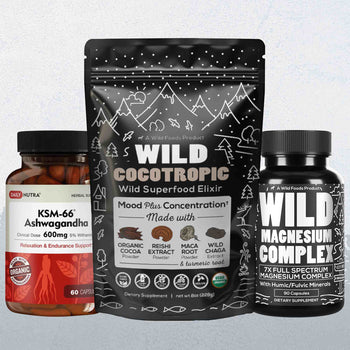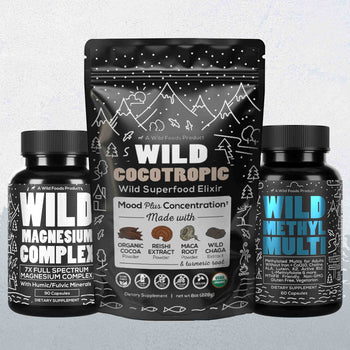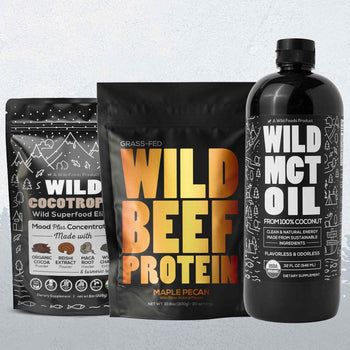Activated Charcoal Capsules, 60 servings - Made from 100% Organic Coconuts
Description
Wild Coal is a premium product made in the US that absorbs unwanted materials in the gut, letting your body pass them through smoothly and comfortably.
- 🛡️ Immune Support: Absorbs unwanted materials in the gut, supporting your body’s natural detox process.
- 🦷 Teeth Whitening: Use the charcoal inside for natural teeth-whitening benefits.
- 🥛 Drinks: Help blunt the affects of alcohol or other sugary and caffeinated drinks.
- 🎭 Beauty Treatment: Make your own detox face masks to draw out impurities and cleanse your skin.
*Take before/during/after eating low-quality foods or when drinking alcohol.
120x 260mg Capsules are Food Grade, USA Made, NON-GMO, Paleo, Gluten-Free, and Made from 100% Sustainable Coconut Shells!
- Take it before bed to let it absorb toxins in your gut!
- The charcoal inside the caps can also be used to make your own face masks or teeth whitening powders!
- Take with water before and after cheat meals or when drinking alcohol to help prevent damage to your body and to recover faster!
How to use it?
Ingredients
Immune Support
Supports digestion
Support Healthy Joints
Reduce Oxidative damage





Josh





Carly
"As someone obsessed with wellness, I've tried a decent amount of products. Wild Foods stands out in pretty much every category."





John
"Have been buying Wild Foods since the beginning 15 years ago. I can't count how many friends I've told to buy Wild Foods."





Melissa
"I first tried CocoTropic around the beginning of 2020. I loved it and have been using it every morning ever since. ❤️"





Brit
"Wild Foods is in the food I cook, the beverages I mix, the supplements I take...it's just the best."





Maggie
"Wild Foods is one of those things you just get hooked on and it becomes hard to buy anything else."





Crosby
When it comes to buying high quality nutrition for my family, I start with Wild Foods - have been buying their products for years.





Josh





Carly
"As someone obsessed with wellness, I've tried a decent amount of products. Wild Foods stands out in pretty much every category."





John
"Have been buying Wild Foods since the beginning 15 years ago. I can't count how many friends I've told to buy Wild Foods."





Melissa
"I first tried CocoTropic around the beginning of 2020. I loved it and have been using it every morning ever since. ❤️"





Brit
"Wild Foods is in the food I cook, the beverages I mix, the supplements I take...it's just the best."





Maggie
"Wild Foods is one of those things you just get hooked on and it becomes hard to buy anything else."





Crosby
When it comes to buying high quality nutrition for my family, I start with Wild Foods - have been buying their products for years.
Why Wild Coal?
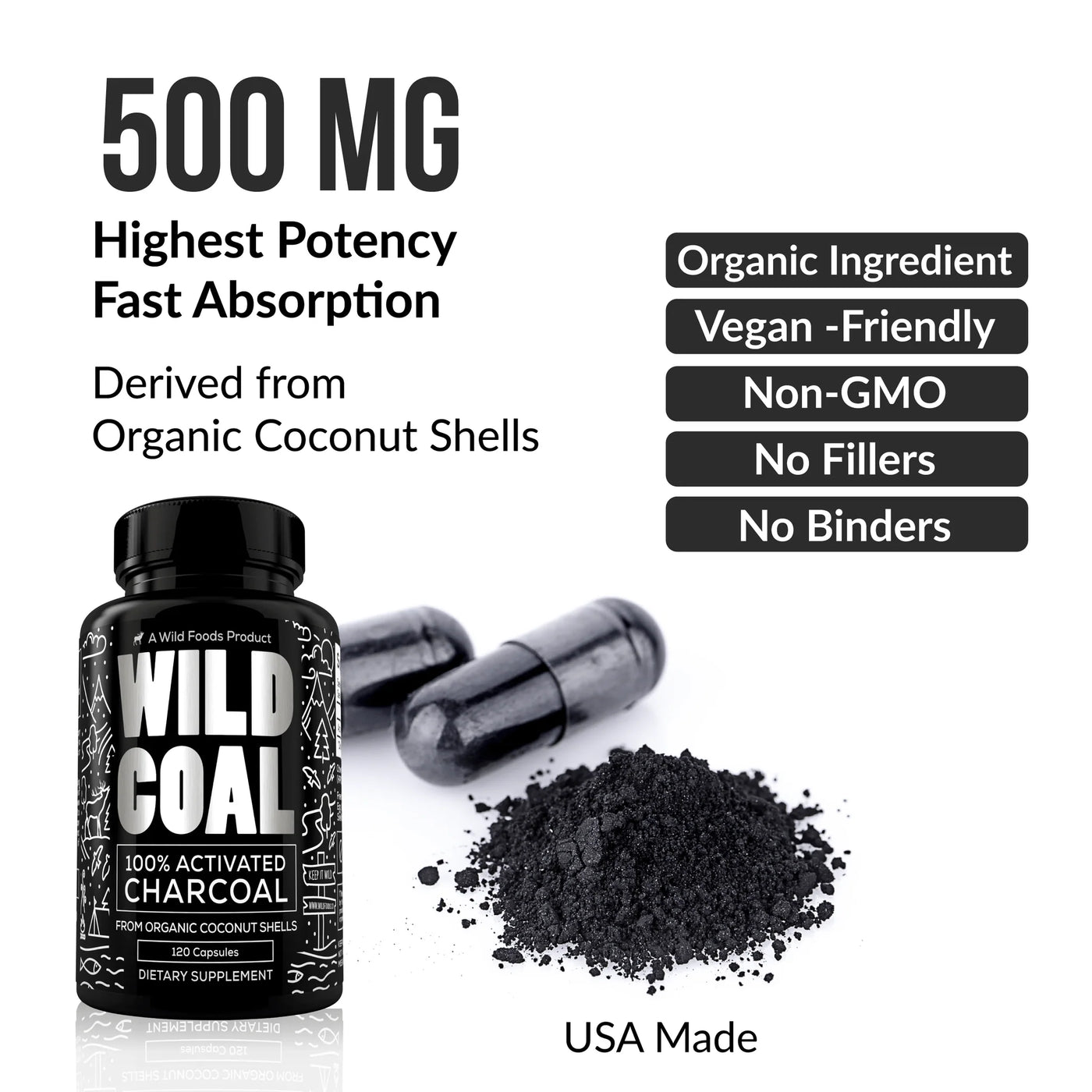
100% ORGANIC & SUSTAINABLY SOURCED
Crafted from premium coconut shells harvested responsibly from small Thai farms, ensuring purity and environmental stewardship.
ULTIMATE DETOX POWER
Effectively binds and eliminates unwanted toxins and impurities in your gut, alleviating bloating, gas, and indigestion for smoother digestion.
VERSATILE WELLNESS SOLUTION
Ideal for before, during, or after indulging in low-quality foods or alcohol, and even enhances your beauty routine with homemade face masks and teeth-whitening applications.
PREMIUM QUALITY ASSURANCE
USA-made, non-GMO, paleo, and gluten-free capsules designed for a cleaner, healthier body with effortless daily use.
As Seen In




The Wild Difference
100% Yummy | 100% GMO Free | 100% Better Than The Rest
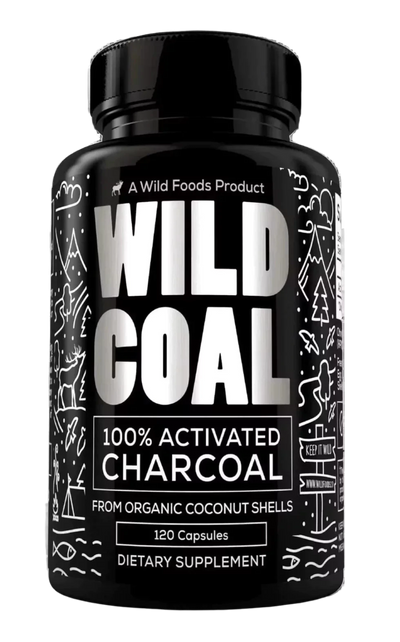
Wild Coal
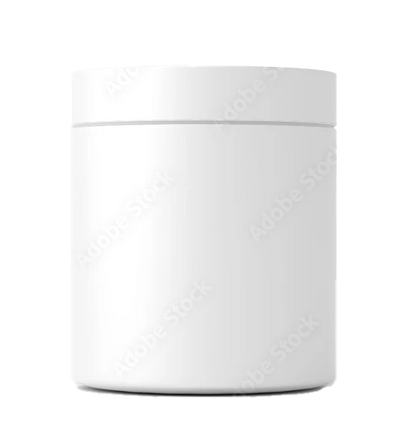
Other Brands
More For Less
Wild Coal Frequently Asked Questions
How is your Charcoal sourced?
We use coconut shells for our Wild Coal, sourced from small farms that operate sustainably in Thailand.
Can I use Activated Charcoal as toothpaste?
While the occasional use of activated charcoal can help whiten teeth and detox gums, it is not recommended for continual daily use due to its abrasive properties. We suggest sticking with a natural toothpaste and supplementing with activated charcoal on occasion.
Is the bottle BPA-Free?
You betacha it is.
Does charcoal have any additives?
No. Just activated charcoal made from organic coconut shells.
How many charcoal capsules should I take?
It depends on how much detoxing you feel you need. You can take 2-4 capsules at a time. We've found Wild Coal great to take when drinking alcohol, eating cheat meals, or otherwise feeling icky after a meal or drink.
Is this product vegan-friendly?
Yes. The capsules are a non-GMO vegetarian capsule.
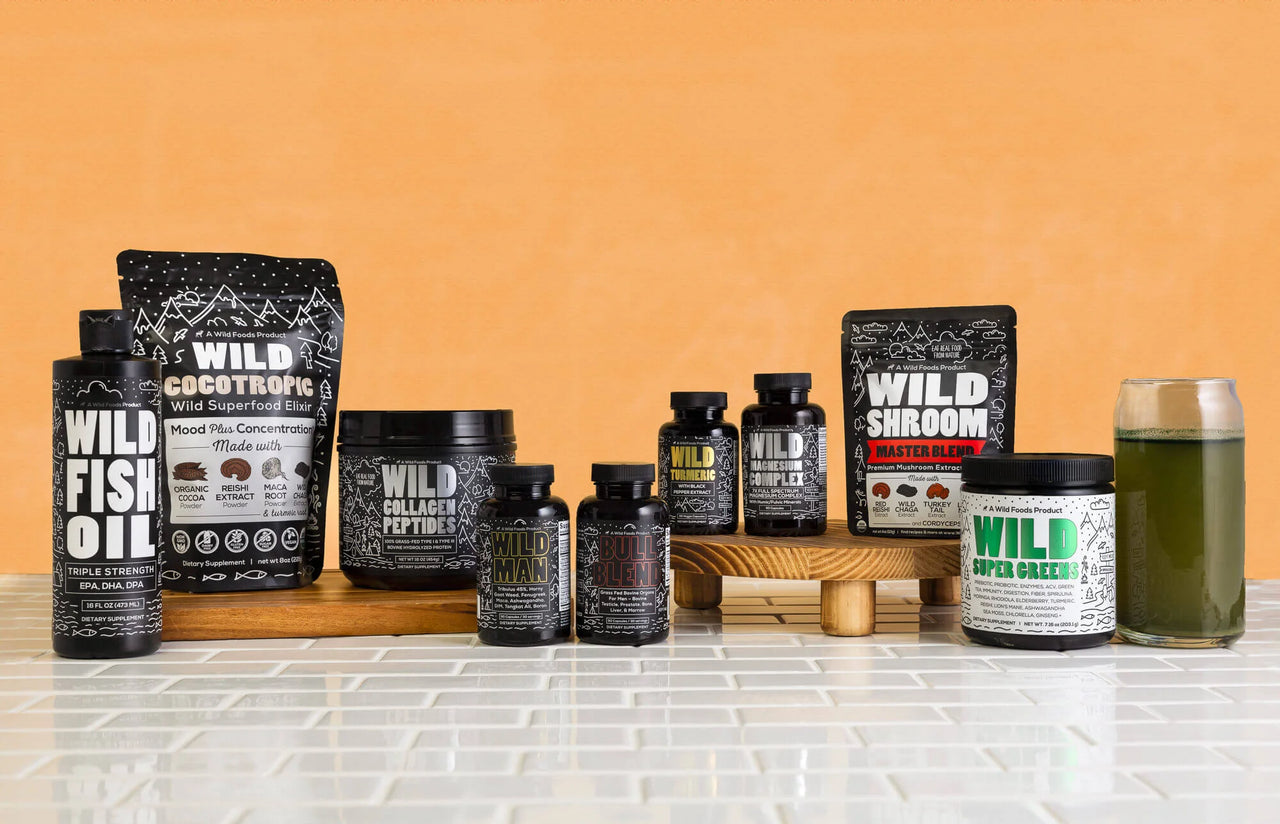
The Wild Standard
Third-party tested.
1,000,000+ happy customers.
Health pro approved.


The Wild Mission
To help you live a better life through Real Food nutrition and obsessively sourced ingredients.
All About Activated Charcoal
Activated charcoal is a black powder made from the carbon of plant matter. It is highly absorbent and has many benefits for the body. One of its main benefits is gas relief. When taken orally, activated charcoal binds to and removes gas from the stomach and intestines. This helps to reduce bloating, gas, and abdominal pain. It also binds to toxins in the digestive system to eliminate them faster.
What are the benefits of using Activated Charcoal?
The most important and common reason to use activated charcoal is to treat stomach problems like heartburn, diarrhea, and constipation. It can also aid with bloating, gas, and stomach cramps.
Activated coconut charcoal has been used recently in a lot of beauty products. Coconut charcoal has a lot of health benefits due to its ability to absorb toxins and other pollutants from your body. Charcoal also helps bind proteins that may be irritating, like casein and gluten.
While many activated charcoal supplements on the market are made with unlabeled types of wood and may need to be of the right grain size to detox optimally, Wild Coal is entirely made from coconut shells. It is milled to an ultrafine powder to maximize surface area and absorption.
When applied topically, such as in an activated charcoal mask, or mixed with other ingredients, such as aloe, it can bind with toxins and draw them out of the skin.
How to use Activated Charcoal?
If you suffer from indigestion, gas or bloating, or diarrhea, take 1 or 2 tablespoons of activated charcoal in water. You can also apply a paste from activated charcoal and water to your abdominal area. If you are nauseous, place a few activated charcoal tablets under your tongue and leave them there for 10 – 15 minutes.
You can also try mixing activated charcoal with toothpaste or whitening paste and brushing your teeth to whiten them. You can also mix activated charcoal in juices or smoothies or add it to your bath water for other health benefits such as detoxification and fighting allergies or bad breath.
How is Activated Charcoal made?
Heating coconut shells, which most commonly make food-grade activated charcoal, at extreme temperatures until they are carbonized or entirely burned. Activated coconut shell charcoal can be used for air cleaning, eliminating odors and many organic gases or solvents.
Activated coconut shell carbon powder does more than clean your hair; but is one of the best answers for problems like a reddened scalp, dandruff, oiliness, and itchy scalp. Coconut Shell Activated Carbon is vapor-activated material. Therefore, it does not contain any chemical agents which may pollute or react with the medium in which it is used.
Activated Charcoal in Hospitals
Also known as activated carbon or coconut ash, activated charcoal has been a mainstay of hospitals for some time, with it being used to keep deadly poisons and overdoses of drugs from being absorbed into the body. Given its application as a gastrointestinal absorbent for overdoses and poisonings, some may suggest activated charcoal as a diarrhea treatment.
Use activated charcoal in various therapies since its potent ability to remove toxins has been repeatedly proven. Activated charcoal is a robust and natural treatment that traps toxins and chemicals in your body so they can be flushed out and your body can't take them back in.
Why is Activated Charcoal good for your health?
Activated charcoal can positively affect your health, including improving or regulating digestion, reducing bloating, treating allergies, reducing bad breath, and removing toxins from your body. It may also help with allergies, headaches or migraines, colds, flu, bad breath, and whitening teeth.
Activated Charcoal may help lower cholesterol levels: one study showed taking activated charcoal daily for four weeks lowered total and LDL cholesterol by 25% while raising HDL cholesterol by 8%. In one study, up to 16 grams of activated charcoal daily helped heart disease patients lower their cholesterol levels.
A larger dose of 20 grams or more had the most benefit. This study explored how activated charcoal may bind to urea and other toxins, which allows your excretory system to eliminate them. A 2006 study found that activated charcoal can help reduce urea levels in people with chronic kidney disease.
Is there a downside to using Activated Charcoal?
You must be careful when using activated charcoal, as too much can be harmful. You should not take activated charcoal if you have a bowel obstruction or are dehydrated, pregnant, or breastfeeding. If you take activated charcoal, drink plenty of water as it can dehydrate you.
Other uses for Activated Charcoal - Face Masks and Shampoo
Activated charcoal can also be used for other beauty treatments, such as a face mask or shampoo. Make a face mask from activated charcoal and other ingredients such as yogurt, honey, or turmeric. Add activated charcoal to your shampoo to add volume or cleanse your hair. It can also be used to whiten teeth or as a deodorizer.























